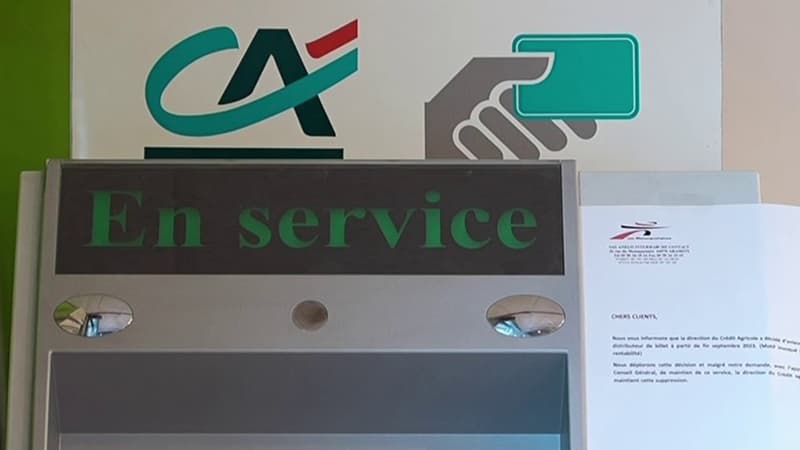A study by Dutch bank ABN Amro, published this summer, shows that younger Dutch people – the “digital natives” – practically do not use cash. They almost ignore the use of ATMs. On the other hand, banking applications are familiar to 40% of children aged 8 to 12 and 80% of those aged 13 to 17, who consult them five times a week on average. Two-thirds of children under thirteen have a checking account, opened at the initiative of their parents and from which half of them receive all their pocket money.
These figures apply to the Netherlands, a particularly advanced country in terms of digital banking, but we can safely estimate that these findings will apply to most countries in the very near future. What can we learn from it?
One might believe that these figures indicate greater comfort and financial independence among the youngest, but ABN Amro, on the contrary, warns: among young people, financial education is in free fall! By ceasing to materialize in coins and banknotes, money becomes something intangible, almost unreal and, less intuitive, the basic rules that apply to its management are less and less understood.
10% of French people have “solid” knowledge
However, if we look at the results of a recent survey carried out by Allianz in seven countries, young people, although they are the first, are not the only ones affected. To nine questions (arithmetically simple) about interest rates, inflation, financial risk, investments or wealth management, the answers indicate that, on average, only 15% of the population (10% in France) seem to have “solid” knowledge “, when more than a quarter seem to barely understand the questions. And everywhere the level is lower the younger the respondents are.
This Allianz study is particularly interesting because it attempts to assess the – significant – income shortfall that can be linked to a lack of financial understanding, whether it involves investing money, preparing for retirement or dealing with inflation. And the study highlights that poor financial education generates a general lack of self-confidence, which represents the main obstacle to the desire to manage money better.
These findings are quite discouraging and, in the current context of reduced purchasing power, we must consider that financial education increasingly seems like a civic imperative. However, the Allianz study is not the first to reach such conclusions, so it is also worth asking whether it would not be the right time for banks to take note of them. Because these findings also clearly indicate that a large part of your customers do not or do not understand your offers and their conditions.
This summer, Klarna, the leader in installment payments, also carried out a survey to find out what British consumers really understand when they take out a credit card. Without any surprise, unfortunately, as other studies have already shown, the survey indicates that a third do not even know what fees they will be charged.
Rethink offers and rates
However, it would be too simple and fallacious to say that this is explained by a kind of duplicity on the part of the banks, which do everything possible to make their offers not too readable in order to better trap their customers. It is enough to remember that banks’ communication about their products is highly regulated.
It is legitimate to consider, on the contrary, that financial institutions probably do not take sufficient account of the perception that their customers may have of their offers and that they do not sufficiently adapt their communication and even simply their language accordingly. although it is rarely very easy to explain how financial products work.
In this sense, it is interesting to note that the large American bank Citi – no doubt driven in part by recent poor results – is in the process of reviewing, to simplify and clarify, its offers and its prices based on two criteria: the level of deposits and the loyalty of its customers.
Instead of linked offers and options, or packages whose readability quickly becomes problematic, different levels of services are offered, from basic to Premium, which include various advantages and differentiated advice methods, extendable to all members of the same family.
Certainly, relying on criteria of deposits, assets under management and loyalty to establish the level of service delivered to clients is brutal. However, these criteria have the merit of establishing banking relationships on a fairly simple give-and-take principle and which, without a doubt, is not a bad basis for things to be clearly understood.
Source: BFM TV


